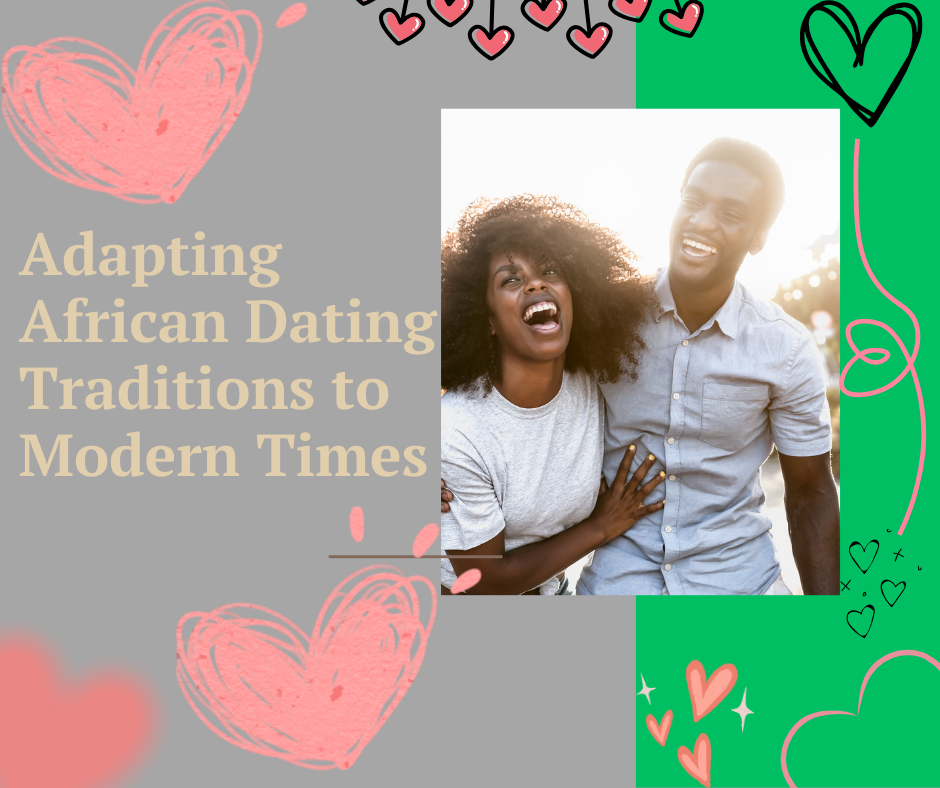1. Family Involvement: From Early Intervention to Later Stages
In many African cultures, family plays a crucial role in relationships, sometimes getting involved from the beginning. In modern times, however, younger generations prefer more independence in choosing their partners.
How to Adapt:
Introduce your partner to your family when the relationship is serious rather than at the initial stage.
Respect family opinions but ensure that personal compatibility remains the priority.
Educate family members on the importance of love, compatibility, and mutual respect in modern relationships.
2. Lobola and Bride Price: Preserving Tradition with Flexibility
The payment of bride price (Lobola, dowry) remains a significant practice in many African cultures. While some argue that it strengthens family bonds, others feel it places financial pressure on relationships.
How to Adapt:
Consider a symbolic or reduced Lobola to maintain tradition without financial burden.
Negotiate terms that respect both families’ expectations and modern realities.
Discuss openly with your partner how cultural expectations align with your shared future.
3. Gender Roles: Balancing Tradition with Equality
Traditional African dating customs often place men in the role of providers and decision-makers, while women are expected to take on nurturing roles. Modern relationships, however, emphasize equality and shared responsibilities.
How to Adapt:
Create a relationship dynamic based on personal strengths rather than societal expectations.
Encourage open discussions about career goals, financial responsibilities, and household duties.
Support each other’s ambitions and avoid rigid gender roles that limit growth.
4. Arranged Introductions vs. Online Dating
In the past, arranged marriages or introductions through family were common. Today, dating apps and social media have expanded the way Africans meet potential partners.
How to Adapt:
Use dating platforms like Afromeet to find like-minded African singles who share your values.
Maintain traditional values of respect and sincerity, even in online interactions.
Be cautious with digital dating while ensuring genuine connections.
5. Public Displays of Affection (PDA): Finding a Middle Ground
In many African societies, public displays of affection are considered inappropriate. However, modern couples, especially in urban areas or the diaspora, are more open to expressing love openly.
How to Adapt:
Find a balance between cultural norms and personal comfort levels.
Show affection in ways that respect both your background and modern relationship dynamics.
Communicate with your partner about expectations regarding PDA.
6. Marriage Expectations: Timing and Personal Choice
Traditional African societies emphasize marriage as an essential life milestone, often with pressure to settle down early. Modern lifestyles, career goals, and personal growth now influence when and how people choose to marry.
How to Adapt:
Focus on emotional readiness rather than societal pressure.
Communicate with family about prioritizing compatibility over timelines.
Support each other’s individual journeys before making long-term commitments.
7. The Role of Religion and Spirituality
Religion remains a significant part of African relationships, guiding moral values and marriage decisions. However, couples today may come from different faith backgrounds or interpret religious expectations differently.
How to Adapt:
Have open discussions about religious beliefs and expectations early in the relationship.
Find a mutual understanding that respects both partners' faiths and personal convictions.
Focus on shared values rather than strict religious differences.
8. Community Validation vs. Personal Happiness
In traditional African dating, relationships are often validated by the community rather than just the couple. While social approval is still important, modern relationships prioritize personal happiness and emotional well-being.
How to Adapt:
Seek advice from elders but ensure your happiness comes first.
Establish boundaries between personal choices and societal expectations.
Educate your community about evolving relationship dynamics while respecting traditions.
Final Thoughts
African dating traditions remain a vital part of cultural identity, but they don’t have to conflict with modern values. By blending tradition with contemporary relationship practices, couples can create meaningful, respectful, and lasting connections that honor both heritage and personal happiness.
